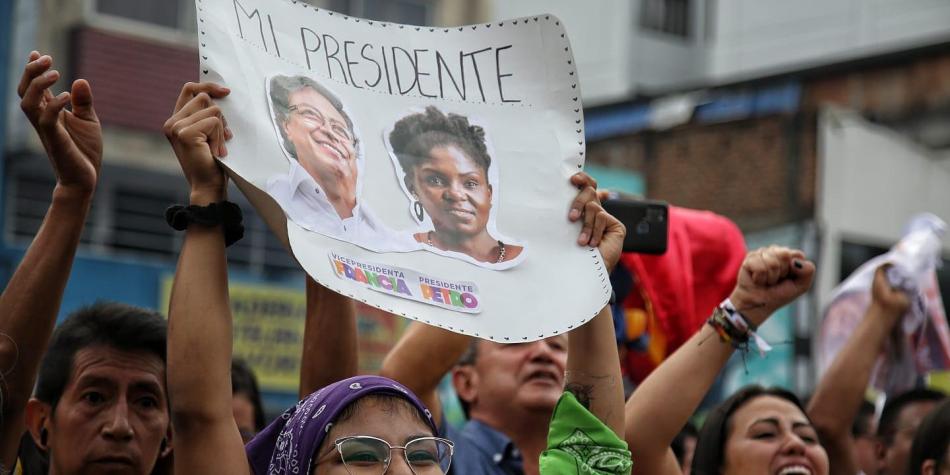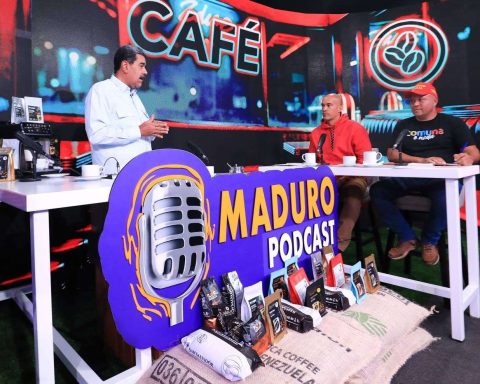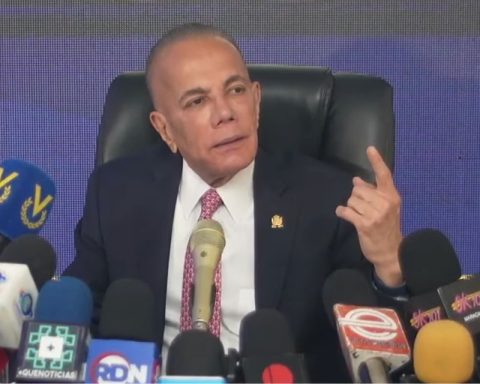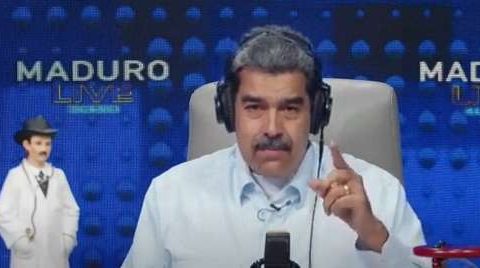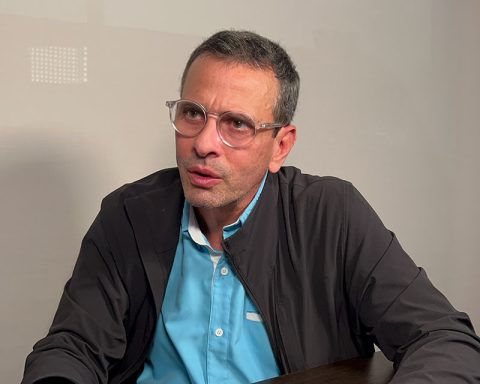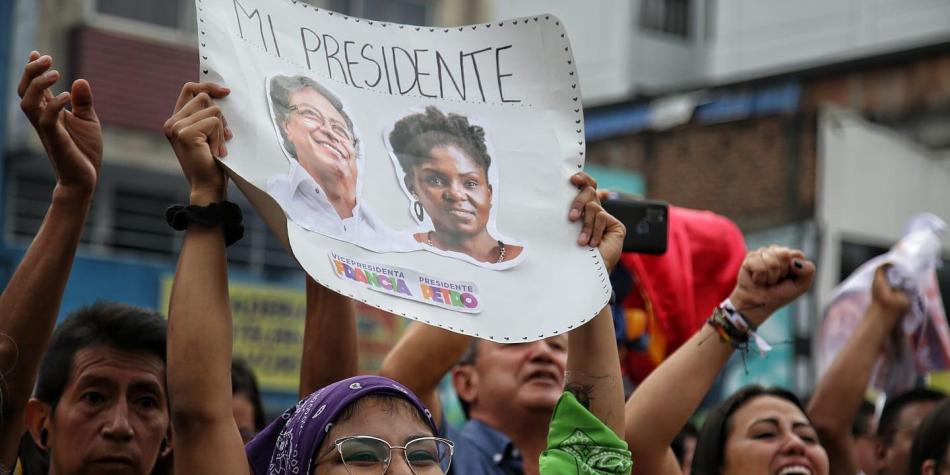
Among the various reactions to the victory of Gustavo Petro in the presidential elections in Colombia, I want to dwell on one: the one that maintains that it is “the right” (as if all of us who would have preferred his defeat could be stuffed into a word) the main responsible of what happened. According to this version, the “right” is also to blame for the triumphs of López Obrador in Mexico, Pedro Castillo in Peru and Gabriel Boric in Chile. And, to increase the number of files for which it deserves to be judged, that “right” should also be imputed for the triumphs of Alberto Fernández and Cristina Kirchner in Argentina, of Hugo Chávez at the time, of Rafael Correa (Ecuador) in the theirs and, thus, until reaching the category of being guilty of the very existence of populism in Latin America.
According to this criterion, the “right”, in addition to being monolithic ─unique, homogeneous and seamless piece─, has another defect: it has been and is incapable of revising itself, of making a conscious self-criticism, of wondering about the reasons for successive defeats. It is content with denouncing the dangers and errors of populism; with fighting for the defense of democratic freedoms, without apologizing to society for “having given birth” to populist regimes. Thus, the “right” is guilty of the birth of populism, of the triumph of the populists and of not acknowledging these faults.
But there is still another signal, probably more serious than those noted in the previous paragraphs, signal that has moral connotations and relative to the social order, which consists of saying that the “right” is insensitive to popular demands; that does not listen to the voices of the people; that is indifferent to the problems of poverty; who does not understand the times we are living.
Thus, all the other ─opinists who define themselves as centrists or moderates; deluded people who assume themselves as part of a supposed democratic left, generally, self-declared enemies of the “right” and to some extent accomplices of populism; a part of the Social Democrats and Social Christians; and many others─ are released from any responsibility: it is the Uribe, the Piñera, the Duque, the Lasso and more, the ones called to occupy the bench. Vargas Llosa has said that a majority of the Colombian people was wrong in voting for Petro and the troops of the well-thinking have jumped on his neck to describe him as an infamy. And is it that voters are not wrong? Didn’t Chavez and Daniel Ortega, just to mention two extreme cases, come to power through elections? Aren’t we citizens wrong, as has been shown over and over again in the history of Latin America?
A calm review of the efforts of Sebastián Piñera, former president of Chile; Mauricio Macri, former president of Argentina; of Iván Duque, who will hand over the presidency of Colombia on August 7, reveals the following: they worked to go to the core of the economic and social problems and, from there, start the reforms and qualifications necessary to offer structural solutions in their respective countries. They formed teams of public policy experts to ensure that programs were not designed and executed to respond to the distortions inherent in political ambitions and struggles. Of the three, despite the errors that can be attributed to them, it can be said: they governed with a sense of State, of attachment to institutions, trying to respond to the demands of a globalized world, where environmental challenges, knowledge and those generated by the Fourth Industrial Revolution constitute currents that are and will be decisive for the destiny of our countries.
And what happened? That the voters defeated them. Among other things, it managed to impose the idea that they were doing nothing, despite the fact that they had taken significant steps along the long road to stabilizing the economy and work, the legal framework, and responses to social demands.
And why did they defeat them? Because we live in times dominated by discomfort and impatience. A part of society ─sometimes the majority─ does not want to wait for the stages of building a stable economy, lasting industries, solid health systems, schools that offer quality education to be completed. It is about this: large segments of Latin American societies are not willing to wait for changes in public policies.
And in the midst of the turbulence, populist offers burst in, acting with extraordinary efficiency: they generate the sensation of immediacy, that solutions will be produced in a very short time. They are based on the establishment of culprits: if they are pointed out and eliminated, the quality of life of those affected will improve soon and irremediably. And, very importantly, it is represented as an exercise of a firm will, that of the populist leader, who in his redemptive mission will manage, almost magically, to meet the demands of society, which only he truly and profoundly understands. And that mechanism is what makes this Latin American moment possible: that of some peoples whose majorities are waiting for the miracle of some presidents who, finally, will do justice and create prosperity. In thick lines, a promise similar to that of Chávez to the Venezuelans.
